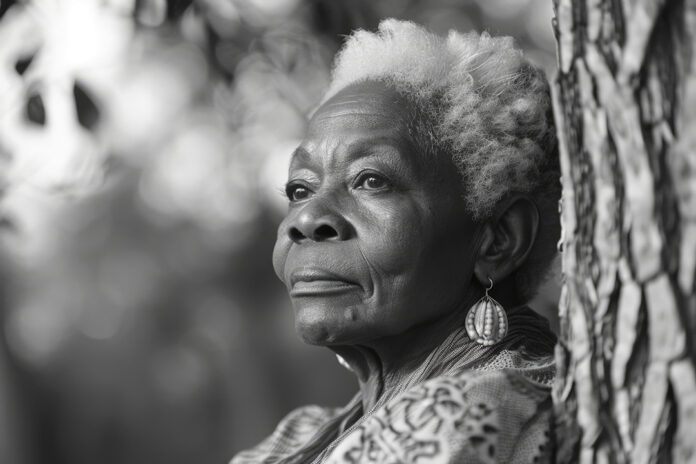Study is first to explore connection between diabetes, dementia and ethnicity
A new study, published in Diabetes Care, found that dementia risks among older adults with type 2 diabetes were much higher in African Americans and Native Americans. The study, the first to explore the connection between type 2 diabetes, ethnicity and long-term dementia risk, looked at a group of more than 22,000 patients aged 60 or older. Though no one had dementia at the start of the research, the disease, which causes cognitive decline, was diagnosed in 17 percent of the patients during the 10-year study. Almost 20 percent of the African-American and Native-American study subjects were diagnosed with dementia during the study.
“We found that in a population of elderly individuals with type 2 diabetes, there were marked differences in rates of dementia over a 10-year period by racial and ethnic groups,” says senior author Rachel Whitmer, Ph.D., research scientist at the Kaiser Permanente Division of Research. “The differences were not explained by diabetes-related complications, glycemic control or duration of diabetes.”
Type 2 diabetes sufferers aged 60 and older have twice the risk of developing dementia. Certain racial and ethnic groups in the U.S., including African Americans, Latinos, some Asian American groups and Native Americans, are disproportionately affected by type 2 diabetes.
“Since ethnic minorities are the fastest-growing segment of the elderly population, it is critical to determine if they are at higher risk of dementia, especially among those with type 2 diabetes,” says Elizabeth Rose Mayeda, Ph.D., lead author and postdoctoral fellow at University of California, San Francisco. “It’s eye-opening to see the magnitude of ethnic and racial differences in dementia risk in a study where everyone already has type 2 diabetes.”
More study is needed to identify factors that will reduce dementia risk among ethnic groups with type 2 diabetes, the researchers say.






